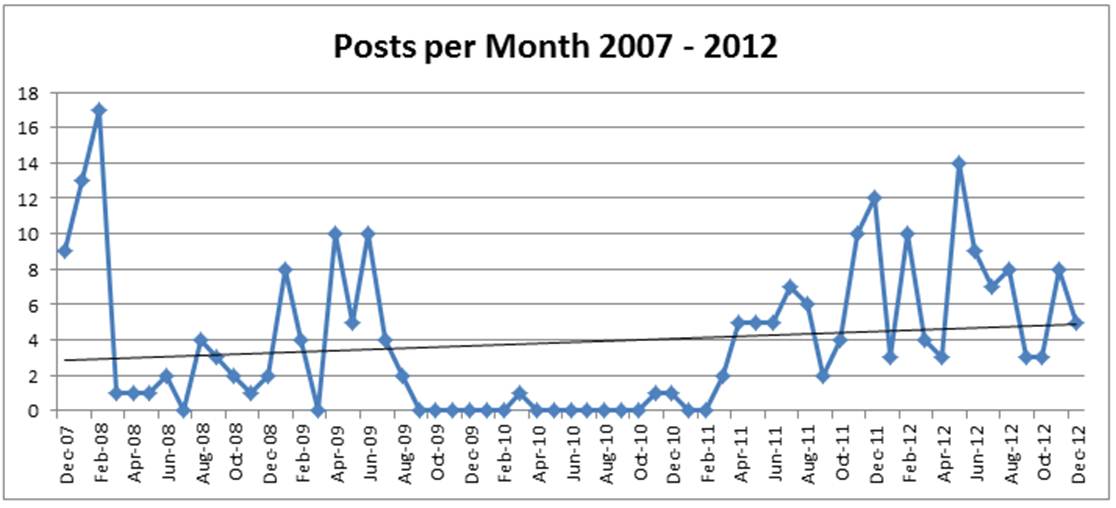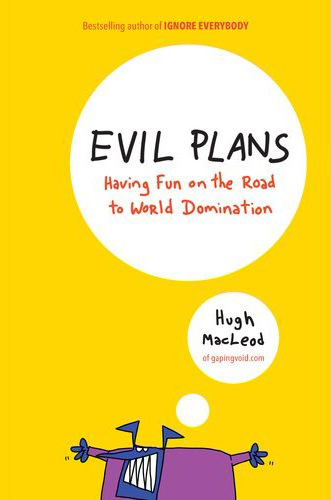5 Reasons Blogs Are Better Than Books
Scott Young had a good post the other day asking the question, “are blogs better than books for mastering complex ideas?” I’ve written in the past that most top selling business books are a waste of time and could be summed up in a couple of blog posts. Most business books start with a good idea but are executed terribly. They’re too long. They’re repetitive. They have too many redundant examples.
The reason for this is simple: the most effective way for a business writer to monetize an idea is to put it in a 300 page book and get it published -- regardless of whether or not that idea warrants 300 pages.
But the problem is you don’t need 300 pages to communicate most ideas. You really only need 1 to 3 pages.
With that in mind, here are five reasons that business blogs are better than business books:
- Blogs allow you to read about an idea every day or every week in short bursts, instead of in one, single commitment, so it continues to be top of mind. A much better way to learn.
- Because blogs enable real-time communities you can see the challenges with the idea and see it continuously evolve and improve.
- You can participate in conversations about the idea with people that care about it. Again, a better way to learn.
- Blog posts tend to be sharper and a bit more opinionated or controversial than business books. When you’re trying to sell your product to millions of people you sort of have to find a middle ground that most people will like. Bloggers generally don’t do this – blog post are shorter and sharper.
- Most people don’t read blogs – and they certainly don’t participate in the communities. You have an advantage over most people who just consume the initial idea and don’t iterate or engage.
I’m not saying I’m going to stop reading business books – I’m usually reading a couple at a time -- but I'm finding that more and more of the good stuff I read is in my blog feed and not my Kindle.



 I ordered Hugh Macleod's new book
I ordered Hugh Macleod's new book